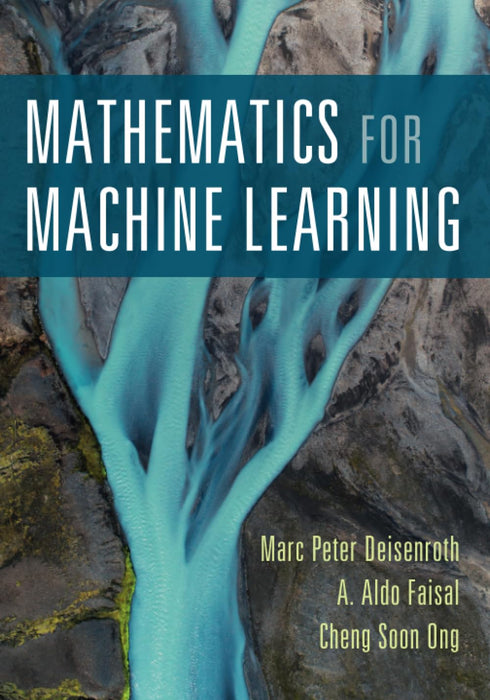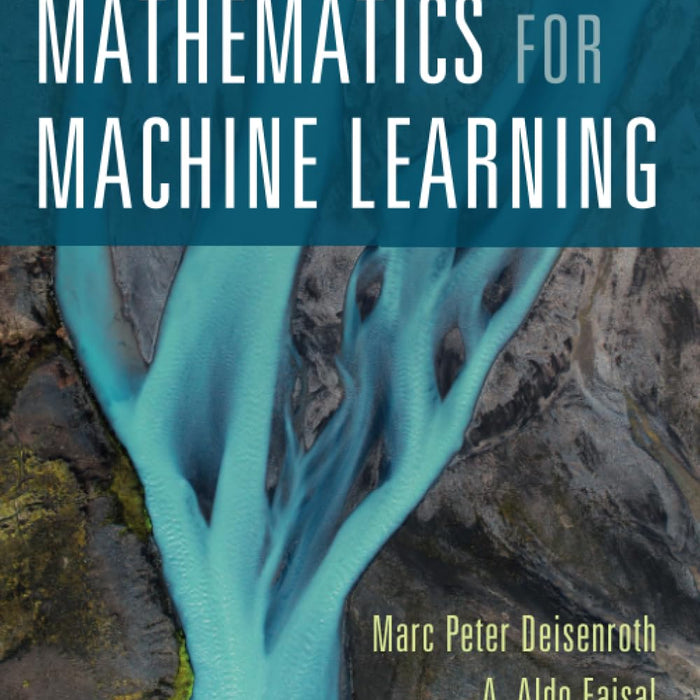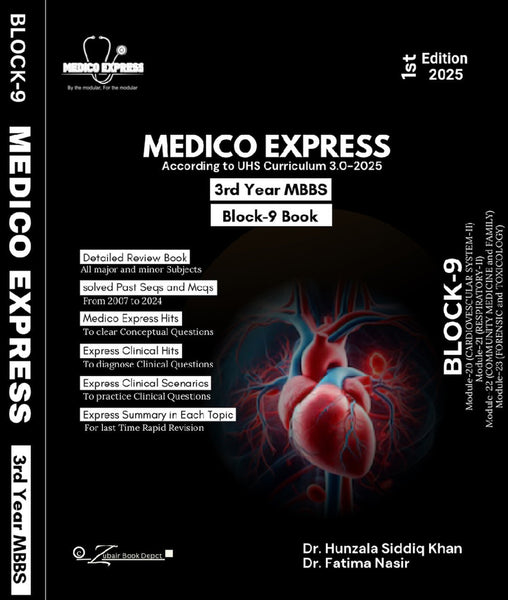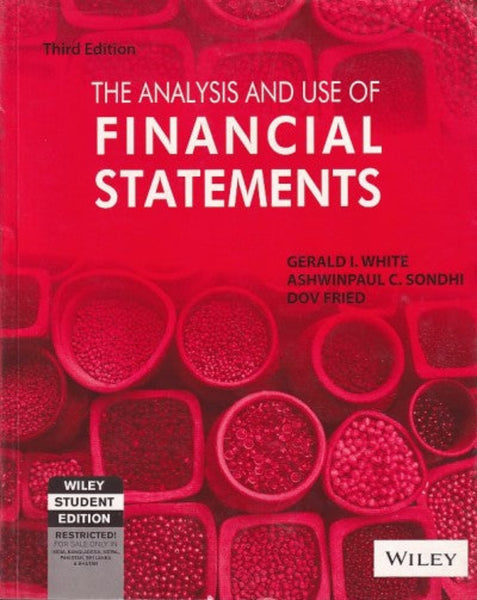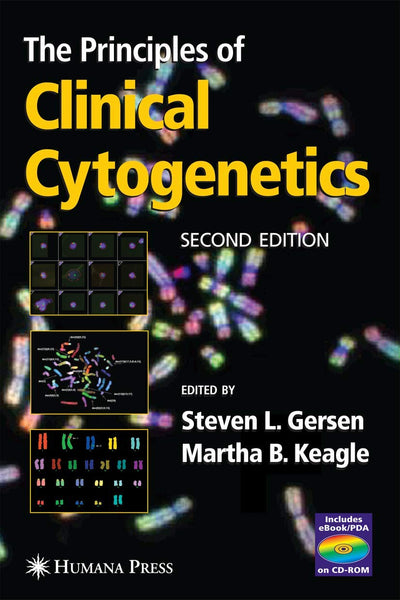Mathematics for Machine Learning by Marc Peter Deisenroth
- Publisher: COMPUTER SCIENCE
- Availability: In Stock
- SKU: 58251
- Number of Pages: 411
Rs.990.00
Rs.1,295.00
Tags: A. Aldo Faisal , Bayesian inference , beginner's guide to machine learning , best books , Best Price , Best Selling Books , calculus , Cheng Soon Ong , conditional dependencies , convex optimization , cost functions , dimensionality reduction , exercises and case studies. , Gaussian processes , gradient descent , graphical models , kernel methods , machine learning algorithms , machine learning applications , machine learning mathematics , machine learning principles , machine learning theory , Marc Peter Deisenroth , mathematical foundations for machine learning , mathematical tools , Mathematics for Machine , Mathematics for Machine Learning , maximum likelihood estimation , model evaluation , multivariate calculus , practical machine learning , Principal Component Analysis , support vector machines , understanding uncertainty
Mathematics for Machine Learning by Marc Peter Deisenroth, A. Aldo Faisal, and Cheng Soon Ong
Quality: Black White Pakistan Print
Mathematics for Machine Learning by Marc Peter Deisenroth, A. Aldo Faisal, and Cheng Soon Ong provides an introduction to the essential mathematical concepts used in the field of machine learning. The book is designed to equip readers with the mathematical tools necessary to understand and implement machine learning algorithms effectively. It is a great resource for students and professionals who wish to deepen their understanding of machine learning, particularly from a mathematical perspective.
Key Features:
-
Mathematical Foundations: The book covers the foundational mathematics required for machine learning, including linear algebra, calculus, probability theory, and optimization, all of which are key to understanding the inner workings of machine learning algorithms.
-
Linear Algebra: Detailed sections on matrices, vector spaces, eigenvalues, and eigenvectors explain the role of linear algebra in machine learning, especially for tasks such as dimensionality reduction, PCA (Principal Component Analysis), and understanding neural networks.
-
Calculus and Optimization: The book emphasizes the importance of calculus, especially differentiation and integration, in optimizing machine learning models. Topics like gradient descent, convex optimization, and optimization algorithms are thoroughly discussed.
-
Probability and Statistics: The authors provide a clear explanation of probability theory and statistical methods, focusing on topics such as distributions, Bayesian inference, and maximum likelihood estimation, which are fundamental for model evaluation and understanding uncertainty in predictions.
-
Multivariate Calculus: Multivariate calculus, including partial derivatives and gradients, is introduced with practical applications to machine learning, such as in the optimization of cost functions and the training of models.
Conclusion:
Mathematics for Machine Learning is an invaluable resource for anyone looking to understand the mathematical principles behind machine learning algorithms. Whether you are a student starting out or a practitioner aiming to deepen your knowledge, this book offers a thorough yet accessible introduction to the mathematical tools required in the field. The clear explanations, practical applications, and well-organized content make it an excellent reference for anyone wanting to succeed in machine learning.

